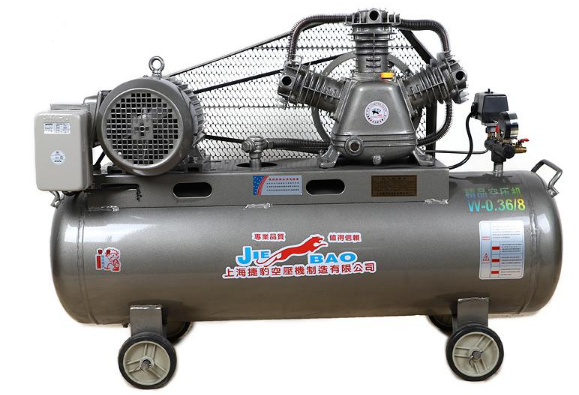High-Quality Floating Fish Pellet Machine Available for Purchase at Competitive Prices Online
កក្កដា . 28, 2024 05:19 Back to list
High-Quality Floating Fish Pellet Machine Available for Purchase at Competitive Prices Online
The Rising Popularity of Floating Fish Pellet Machines for Sale
In recent years, the aquaculture industry has witnessed significant growth due to the increasing demand for fish products globally. This surge in demand has led to the development of innovative technologies, one of which is the floating fish pellet machine. These machines have gained immense popularity due to their efficiency in producing high-quality fish feed, which is essential for sustainable aquaculture practices.
A floating fish pellet machine is designed specifically to manufacture fish feed pellets that float on water, allowing fish to feed more effectively. The principal advantage of using such machines lies in their ability to produce pellets that are buoyant and palatable, catering to various fish species including catfish, tilapia, and trout. The pellets maintain their structural integrity, floating on the surface for an extended period without dissolving, which reduces waste and maximizes feed conversion rates.
Benefits of Floating Fish Pellet Machines
1. Enhanced Feed Efficiency One of the most significant advantages of floating fish pellets is the efficiency of feed utilization. When fish are fed floating pellets, they can easily access their food, reducing competition and ensuring that all fish in the pond or tank receive adequate nutrition. This translates to better growth rates and healthier fish.
2. Quality Control Floating fish pellet machines enable producers to have control over the ingredients used in the feed. This allows for the formulation of customized feed that meets the specific nutritional needs of different fish species, ensuring optimal growth and health. Moreover, high-quality pellets can prevent diseases and enhance fish survival rates.
3. Cost-Effectiveness Investing in a floating fish pellet machine can lead to significant cost savings. By producing their own feed, fish farmers can reduce reliance on commercial feed suppliers, which often have fluctuating prices. This self-sufficiency can improve the profitability of aquaculture operations.
4. Sustainability As concerns about overfishing and environmental degradation grow, sustainable aquaculture practices have become essential. Floating fish pellet machines support this by allowing farmers to use organic and locally sourced ingredients, reducing environmental impacts associated with feed production.
floating fish pellet machine for sale

Factors to Consider When Purchasing a Floating Fish Pellet Machine
When considering the purchase of a floating fish pellet machine, several factors come into play
- Production Capacity Different machines cater to different scales of operation. It’s crucial to choose a machine that aligns with the volume of feed required for your aquaculture business.
- Material Quality The durability and efficiency of the machine are often determined by the quality of materials used in its construction. Investing in a robust machine can save costs in the long run by minimizing maintenance and repair needs.
- Ease of Use User-friendly machines with clear instructions and easy maintenance protocols are crucial for smoother operation. Consider machines that offer automation features to reduce labor costs and improve efficiency.
- After-Sales Support Reliable after-sales service and support can significantly enhance your experience with the machine. Look for suppliers who offer good customer service, warranty, and technical assistance.
Conclusion
As the aquaculture industry continues to expand, floating fish pellet machines are becoming an indispensable asset for fish farmers keen on enhancing productivity and sustainability. With their ability to produce high-quality feed that maximizes growth and minimizes waste, these machines offer an effective solution to meet the rising demand for fish products in an environmentally responsible manner. By choosing the right floating fish pellet machine, aquaculture businesses can ensure better yield, profitability, and a more sustainable future for fish farming.
-
Automatic Feeding Line System Pan Feeder Nipple Drinker|Anping County Yize Metal Products Co., Ltd.
NewsJul.30,2025
-
Automatic Feeding Line System - Anping Yize|Pan Feeder,Nipple Drinker
NewsJul.30,2025
-
Automatic Feeding Line System - Anping County Yize Metal Products Co., Ltd.|Pan Feeder, Nipple Drinker
NewsJul.30,2025
-
Automatic Feeding Line System-Poultry Farming|Chicken Feeding&Watering
NewsJul.30,2025
-
Automatic Feeding Line System - Anping County Yize Metal Products Co., Ltd.|Pan Feeder Nipple Drinker,Broiler Farming
NewsJul.30,2025
-
Automatic Feeding Line System Pan Feeder Nipple Drinker-Anping County Yize Metal Products Co., Ltd.
NewsJul.30,2025






